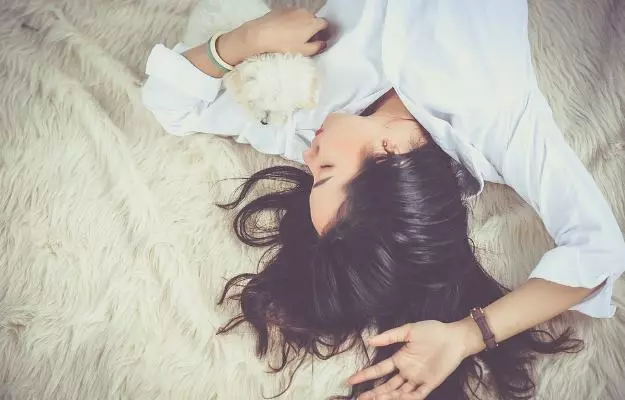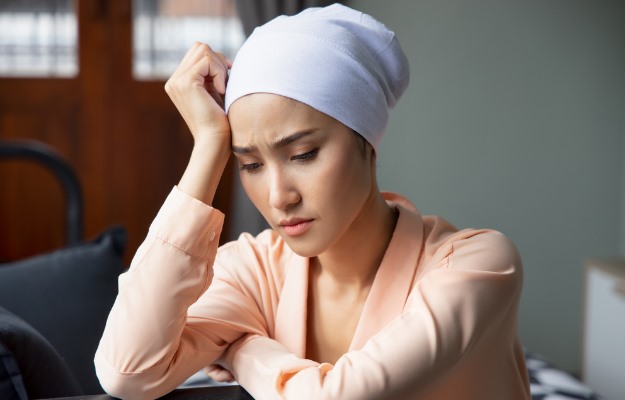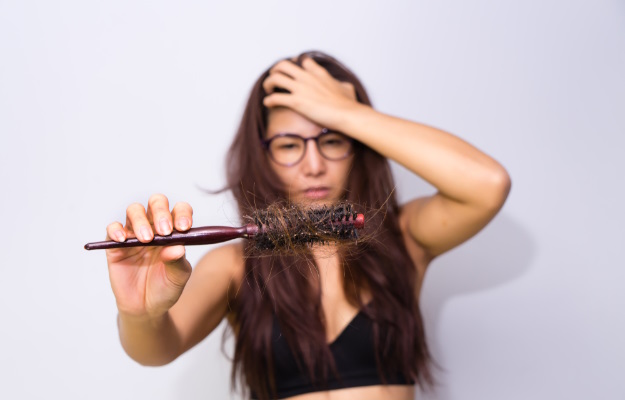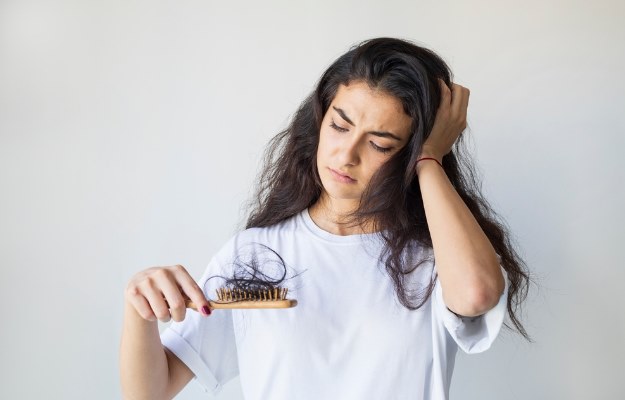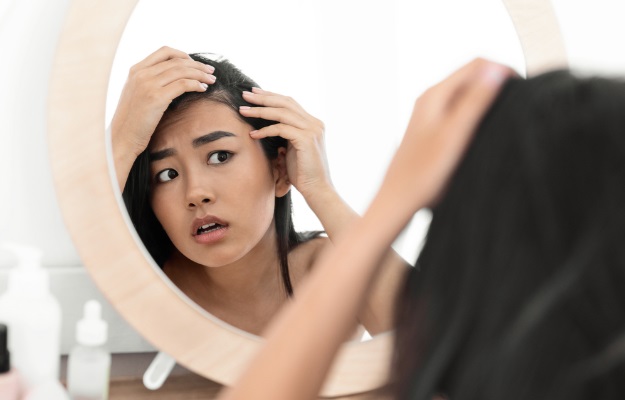Do you often skip washing your hair at night for the fear of damaging them if you sleep without blow-drying them first? Did your mom ever warn you of a bad cold if you sleep with wet hair?
Let’s face it, everybody is busy and it can be sometimes hard to indulge in self-care at your own time. But does sleeping with wet hair actually all that bad?
Well, experts say that while you won’t get a cold from sleeping with wet hair (common cold is caused by a virus and unless you come in contact with the cold virus it’s impossible to catch a cold), there are a few issues which can arise if you sleep with your hair wet.
Here is a list.
Bad for your hair
Your hair absorbs water and swells up on washing. Experts say that wet hair tends to be more brittle and prone to breakage than dry hair. Also, they have a higher friction coefficient. In other words, your hair rubs against your pillow and gets damaged due to the friction every time you move during sleep. This is partly why wet hair tend to break easily when you comb them.
If you tie your hair tightly in a ponytail or braids, this tension in the hair shaft increases, increasing your risk of hair damage.
Also, sleeping with wet hair can cause your hair to look frizzy and dull.
Read more: How to stop hair breakage
Infections
Your humid scalp and wet pillow are the perfect breeding grounds for fungi. When you sleep with wet hair, it increases your risk of getting various kinds of fungal infections of the scalp and skin.
For example, Malassezia is a fungus that normally lives on your scalp but given an ideal environment, it can divide quickly and cause conditions like dermatitis, dandruff and folliculitis.
Also, you may get ringworm of the scalp and skin - caused by the fungus Tinea capitis. The organism causes round itching, scaling of the scalp and bald spots with hair loss. Ringworm of scalp spreads quickly with shared towels and bedsheets.
Read more: How to stop hair loss
Headaches
A lot of people believe that sleeping with wet hair can cause headaches. The suggested reason for this is that wet hair keeps from getting a good night’s sleep and as a result, you wake up tired and with a headache.
While there is a study that says wet hair can give you a headache and eye pain if you also get exposed to cold air. However, there is no evidence that sleeping with wet hair can cause any such symptoms.
If you tend to get a headache when you sleep with wet hair, try to avoid it anyway.
Here are some tips that may help you when you have to sleep with wet hair:
- Do not leave your hair dripping with water. Properly pat them dry with a soft cloth or a towel. Don’t forget to detangle your hair.
- Condition your hair after shampoo. Conditioning helps retain moisture and prevents unnecessary hair breakage. It will also likely avoid frizz.
- Dab some oil, especially coconut oil on your wet hair after shampoo. Studies show that coconut oil can penetrate deep in your hair shaft and protect it from damage. It will also nourish your hair.
- Do not sleep with your hair wrapped up in a towel or braided tightly. Loosely braid or tie your hair instead.
- Try using a silk pillow instead of a cotton one. Silk is softer on hair and causes less friction.
And when nothing else works, try to wash your hair earlier in the evening.


